About
About the rdrs initiative

A Bold Truth: You Can’t Have Dignity Without Whole-Body Acceptance
If you’re working to build self-acceptance and self-esteem but find yourself struggling with it, you’re not alone. You may feel like you’re doing all the right things—practicing self-love, affirming your worth—but something inside just doesn’t seem to click. There’s a tension, a conflict between how you want to feel and how you actually feel.
This struggle is not a failure on your part. It’s likely due to cognitive dissonance—a psychological term describing the discomfort that arises when your beliefs or actions clash. Deep down, you may be trying to embrace yourself, but that effort is colliding with a deeply ingrained belief that some parts of your body are inherently dirty, indecent, or obscene.
This is not a trivial issue. It’s not something to brush off as unimportant. It goes to the very heart of how you view yourself and your worth. It’s a battle between the desire to accept yourself and the long-taught belief that your body is something to be hidden and controlled. This clash doesn’t just affect your confidence—it fractures your identity and leaves you feeling unworthy, even when you’re actively working on self-love.

To truly embrace dignity, you must confront and dismantle this harmful and false idea. Dignity means standing unapologetically in your own skin, refusing to be defined by norms that aim to reduce your worth to how much you cover or conform. It means breaking free from the mental chains that bind your self-esteem to external judgments.
The lie that some parts of your body are inherently shameful is one of the most damaging myths ever perpetuated. It fragments your sense of self, dividing you into acceptable and unacceptable parts. But human dignity is not conditional—it is inherent, complete, and unapologetic.
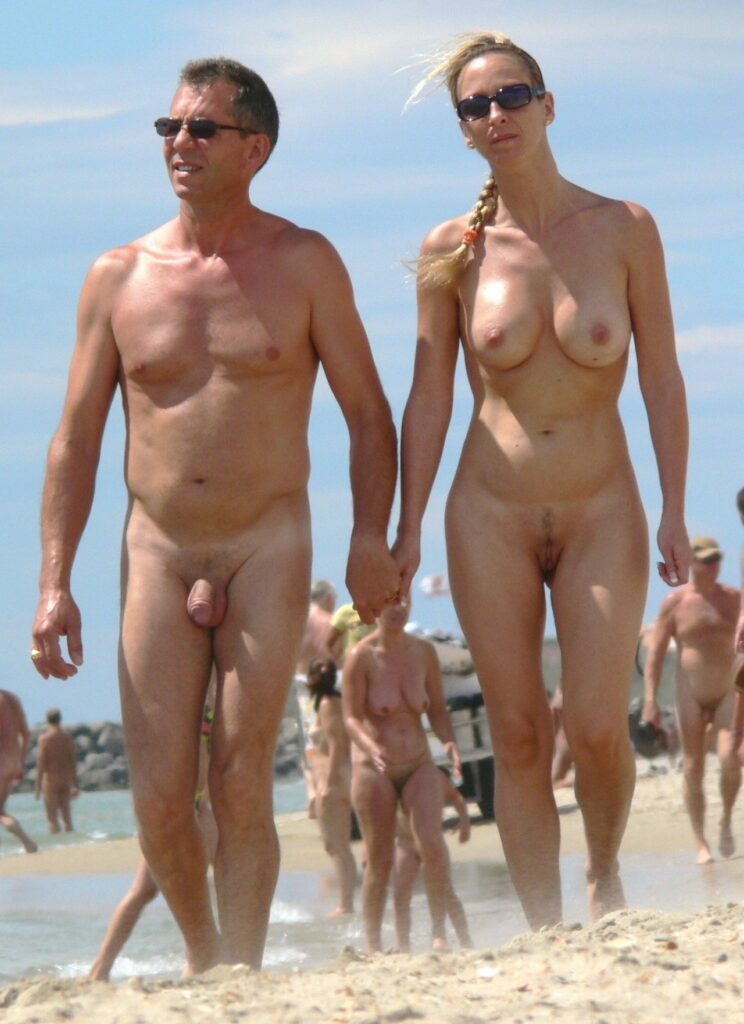
If you accept that any part of your natural, human form is inherently obscene or worthy of censorship, you compromise your own self-worth and autonomy. To reclaim dignity, you must reject the notion that your body is something to be hidden or apologized for. Dignity demands radical self-ownership and unyielding pride in your humanity, without conditions or compromise.
The RDRS Initiative stands boldly in the truth that your body is not a problem to be solved or a flaw to be corrected—it is the embodiment of your humanity and your inherent worth. Reclaiming dignity means rejecting every imposed narrative that demands you shrink, hide, or feel ashamed of being fully and openly human.
Why This Movement is Needed Now

Throughout much of history, nudity has been a rather normal and accepted part of human life. More recently though with the development of religion, social control, the growth of privacy due to technology and wealth, and more, societies have conditioned people to feel shame about their natural selves. Clothing norms, modesty standards, and societal taboos around the human body are deeply rooted in this cultural conditioning rather than natural human needs. Just as swimsuits became “mandatory” through gradual social conditioning, undoing this learned behavior is possible with the right cultural shift.
The Challenge of Fragmented Identity
Today, people are more fragmented than ever—torn between societal expectations and the innate desire for authenticity. The pressure to present a curated, flawless self on social media while concealing one’s natural body has intensified shame and self-doubt. This constant conflict—between wanting to be real and feeling the need to conform—is a form of cognitive dissonance that leaves people feeling broken and unworthy. RDRS challenges this cultural fragmentation by advocating for whole-body acceptance as a fundamental part of reclaiming dignity.
The question is: Why does it matter? What difference does reclaiming body dignity make in the development of society?
The answer lies in the impact of body shame on mental health, media representation, corporate control, and cultural evolution. Here are six key reasons why breaking the cycle of shame is crucial:
1. Because Culture is Built on Conditioning — And It Can Be Rebuilt

People follow norms not because they make sense, but because they are widely accepted. Clothing is a learned behavior, not an innate human need. Just as swimsuits became the standard through gradual social conditioning, normalizing nudity is equally achievable. If society shifts toward body acceptance, most people will adapt naturally.
🔹 What this means: If enough people embrace full-body acceptance in appropriate contexts, culture will adapt. The challenge is reaching the tipping point where nudity is no longer automatically seen as shameful.
2. Because Shame is Profitable—And That’s a Problem

Entire industries thrive on making people feel insecure about their bodies—fashion, beauty, fitness, and even healthcare. The more shame people feel, the more they consume products designed to “fix” their appearance. Body normalization dismantles this system, allowing people to exist without monetized insecurities.
🔹 What this means: By challenging the shame economy, the RDRS Initiative helps people reclaim authentic self-worth, free from external control and manipulation.
3. Because It’s a Mental Health and Well-Being Issue

Body shame leads to anxiety, depression, eating disorders, and social isolation. Societies that promote body acceptance tend to have better mental health outcomes and lower levels of sexualization. Overcoming body shame leads to greater confidence, social ease, and reduced self-criticism.
🔹 What this means: Body acceptance isn’t just about nudity—it’s about mental resilience, self-esteem, and healthier social interactions.
Because Sexualization Increases When Nudity Decreases

The more a body is hidden, the more mystique and taboo culture places upon it. When nudity is only seen in sexualized contexts (e.g., porn, fashion media), people inherently associate nudity with sex. Cultures that normalize non-sexual nudity tend to have healthier attitudes toward sexuality, reduced objectification, and lower rates of sexual violence.
🔹 What this means: Normalizing non-sexual nudity reduces stigma and objectification, leading to healthier self-image and relationships.
5. Because Social Evolution Requires Challenging Outdated Norms
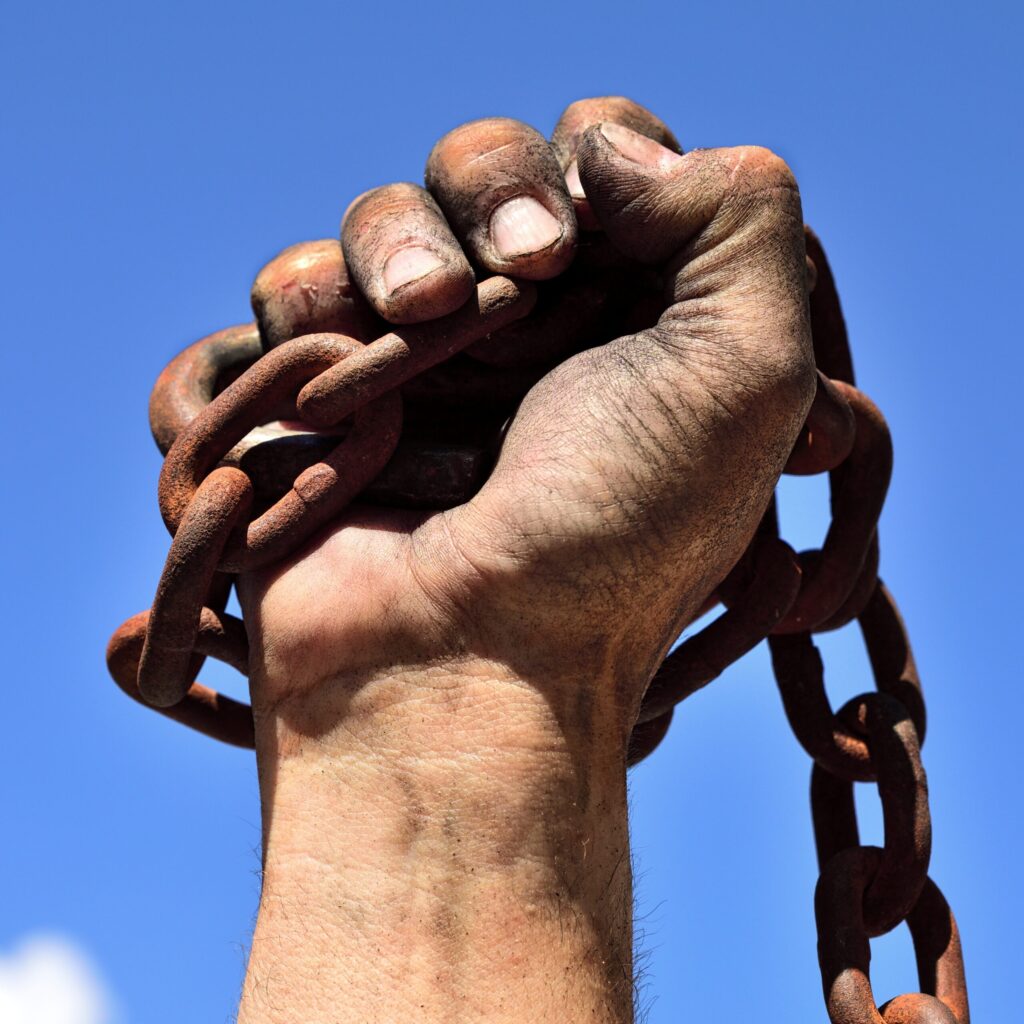
Every major social change—civil rights, women’s rights, LGBTQ+ rights—faced backlash before becoming normalized. Nudity remains one of the last deeply ingrained taboos that requires challenging to achieve true personal autonomy. Embracing the human body means removing centuries of cultural, religious, and governmental control over personal expression.
🔹 What this means: If we don’t challenge outdated norms, we remain trapped in a society governed by inherited prejudices rather than progressive values. True social evolution demands breaking free from shame-based conditioning.
6. Because Fragmented Self-Image is Fueling Insecurity

The rise of curated identities and social media perfectionism is leaving people feeling more divided than ever—between who they are naturally and who they’re expected to be. This dissonance amplifies shame and insecurity. By promoting full-body acceptance, RDRS challenges the toxic cycle of image control and fragmented self-worth.
🔹 What this means: Embracing dignity through body acceptance creates an integrated sense of self, reducing the conflict between authenticity and social expectation.
Why Now?

🌍 Culture is shifting toward decentralization: Social media and independent media empower individuals to reshape cultural narratives in ways that were once unimaginable. The ability to challenge long-held beliefs about body shame and dignity has never been more accessible.
👁 People are awakening to body shame: Movements like body positivity, fitness inclusivity, and anti-airbrushing campaigns are proof that society is ready for a deeper conversation about body autonomy and authenticity. Yet many still struggle with the cognitive dissonance between wanting to embrace their bodies and feeling pressured to conform to outdated norms.
📺 Media is changing: With streaming and decentralized entertainment, there’s a new opportunity to challenge old gatekeepers and introduce body normalization into mainstream content.
🚀 A new movement is needed: Past nudist/naturist groups haven’t successfully changed public perception. It’s time for a modern, structured, bold, and unapologetic push for body dignity and acceptance.
What Difference Will This Make?
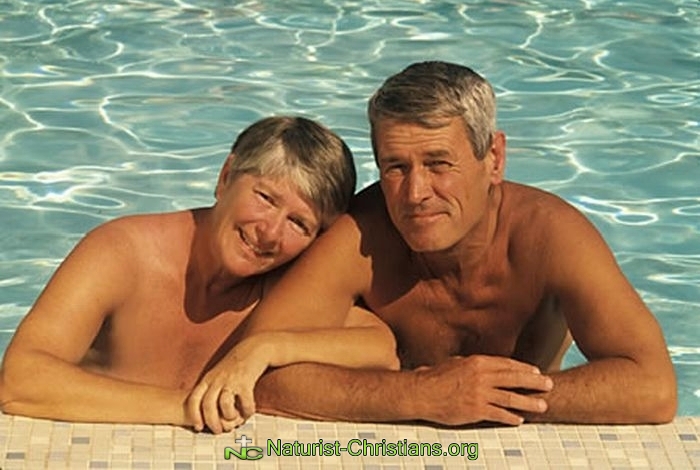
✔ Less shame → More confidence: People feel comfortable in their own bodies without external pressures.
✔ Less censorship → More expression: Moving away from fear-based restrictions on art, media, and personal autonomy.
✔ Less objectification → More respect: When nudity is normalized, bodies are seen as human rather than taboo. Reducing objectification leads to healthier social interactions and relationships.
✔ Less division → More connection: Body acceptance fosters authenticity, inclusivity, and human connection. Breaking down the barriers of shame brings people closer and builds stronger communities.
This is why the RDRS Initiative must exist now—because society is already shifting, and if the movement is structured correctly, it can push this change into mainstream acceptance.
Purpose

The purpose of the RDRS Initiative is to normalize full-body acceptance in appropriate contexts by reshaping public perception, challenging unjust norms and laws, and providing education on body acceptance and human dignity. The initiative serves as both an advocacy platform and a community for individuals who believe in body freedom.
Mission Statement

To celebrate human dignity and normalize full-body acceptance by confronting societal shame and fostering cultural acceptance through education, advocacy, and public engagement.
A Call to Embrace Your Full Humanity
You are the culmination of countless generations, evolving from simple, single-celled organisms to the most conscious and self-determining form of life known to exist. Every step of that journey is nothing short of miraculous—a story of adaptation, resilience, and the relentless pursuit of growth. You are not flawed or broken; you are the peak of a natural process that has shaped the very fabric of existence.
To fully embrace human dignity is to recognize and honor this truth. Your body—every part of it—is not just acceptable; it is worthy, beautiful, and a testament to the astonishing reality of your existence. Rejecting shame is not about rebellion; it is about reclaiming what is rightfully yours: the freedom to live openly, authentically, and unapologetically.
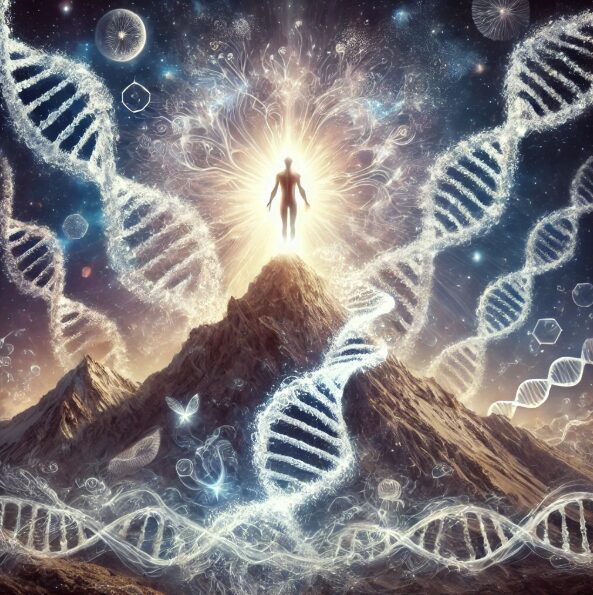
Think about what it would mean to carry that sense of dignity and pride every day. To shed the mental chains of shame and embrace your whole self, without reservation. To live as the miracle of consciousness that you truly are.
Dignity means standing in your own truth—knowing that your body, your form, and your existence are not problems to be hidden or fixed. You deserve to feel proud of who you are, exactly as you are. Break the cycle of shame. Reclaim your dignity. Reject every lie that tries to convince you that you are less than whole.
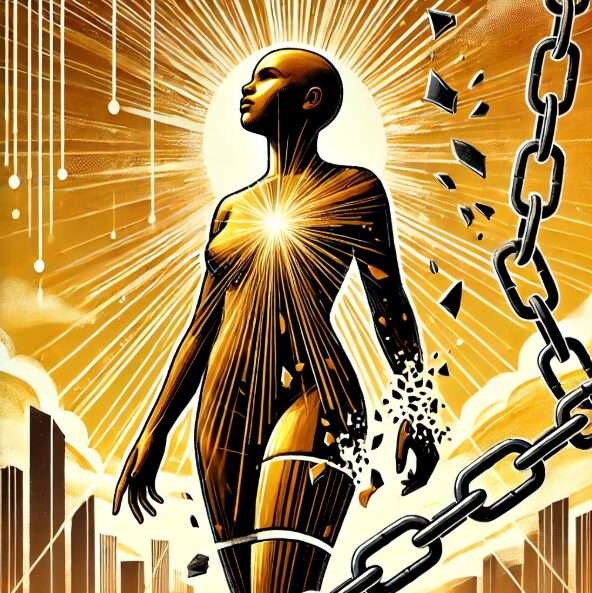
This is the mission of the RDRS Initiative—to challenge and dismantle the toxic conditioning that fractures our sense of self-worth. Join us, Support us, in embracing a new paradigm of human dignity—one rooted in authenticity, acceptance, and unshakable pride.
You are not broken. You are human. And that, in itself, is magnificent.
